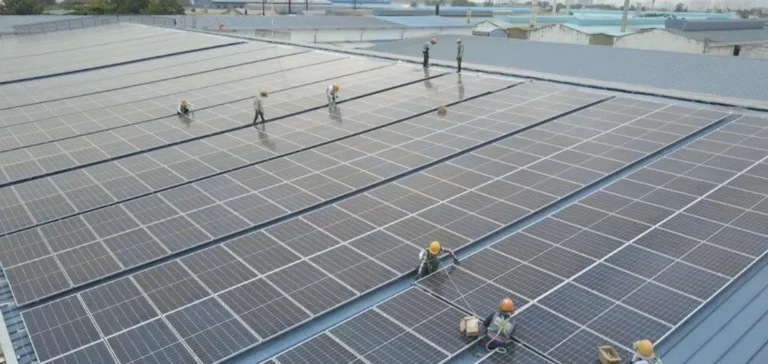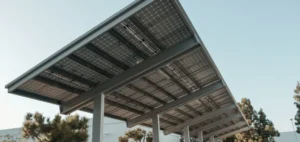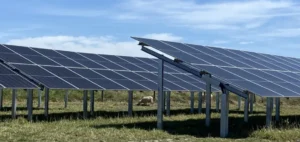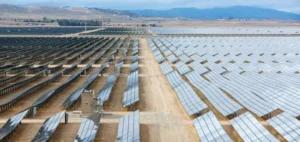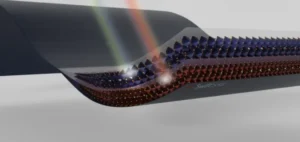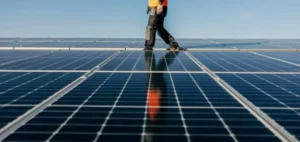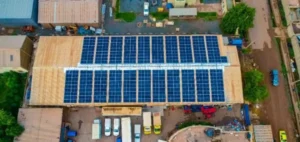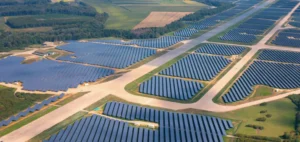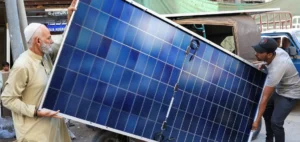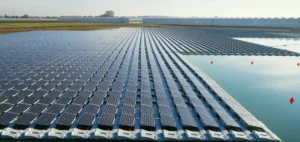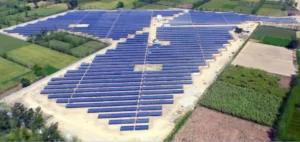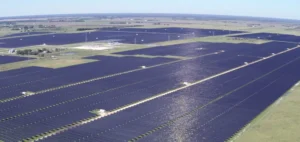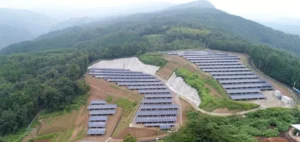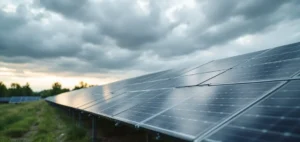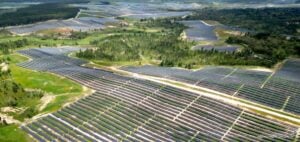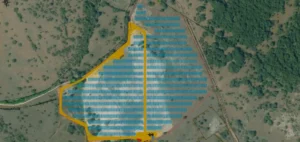EDP Energia Italia, a subsidiary of Portuguese energy group EDP, has commissioned a rooftop solar plant at Johnson Electric’s industrial site in Asti, northwestern Italy. The project is part of a decentralised electricity production strategy, allowing the company to reduce grid dependency and gain better control over its energy costs.
A targeted capacity for industrial needs
The solar plant has an installed capacity of over 0.3 megawatt-peak (MWp) and will generate nearly 0.4 gigawatt-hours (GWh) of electricity annually. This energy is consumed directly on-site, minimising transmission losses and ensuring a stable power supply for Johnson Electric’s manufacturing processes. According to the data provided, the facility will also prevent more than 110 tonnes of carbon dioxide emissions each year.
On-site generation is becoming a growing trend among high-consumption industries. EDP’s approach involves developing tailored solar assets for companies, coupled with integrated storage systems when needed. The goal is to help industrial clients manage their energy supply more effectively while securing operations against electricity market volatility.
Wider deployment across the Italian territory
EDP Energia Italia was established in 2019 to develop decentralised solar production in Italy. Since then, it has contracted over 150 MWp of solar capacity for local businesses across approximately 1,400 installations. The Asti site is a concrete example of this expansion strategy through targeted industrial partnerships.
The partnership with Johnson Electric is part of this broader dynamic. EDP has been active in Italy since 2010 through its subsidiary EDP Renewables, which focuses on large-scale wind and solar projects, and is now diversifying into distributed solutions tailored to the specific energy needs of its clients.
Global capacity and strategic positioning
At the global level, EDP reports over 15,000 contracted corporate solar installations, representing a combined capacity of more than 3 gigawatt-peak (GWp). This positioning is aimed at addressing growing demand for localised, controllable energy solutions, particularly in sectors where supply continuity and cost competitiveness are critical.


